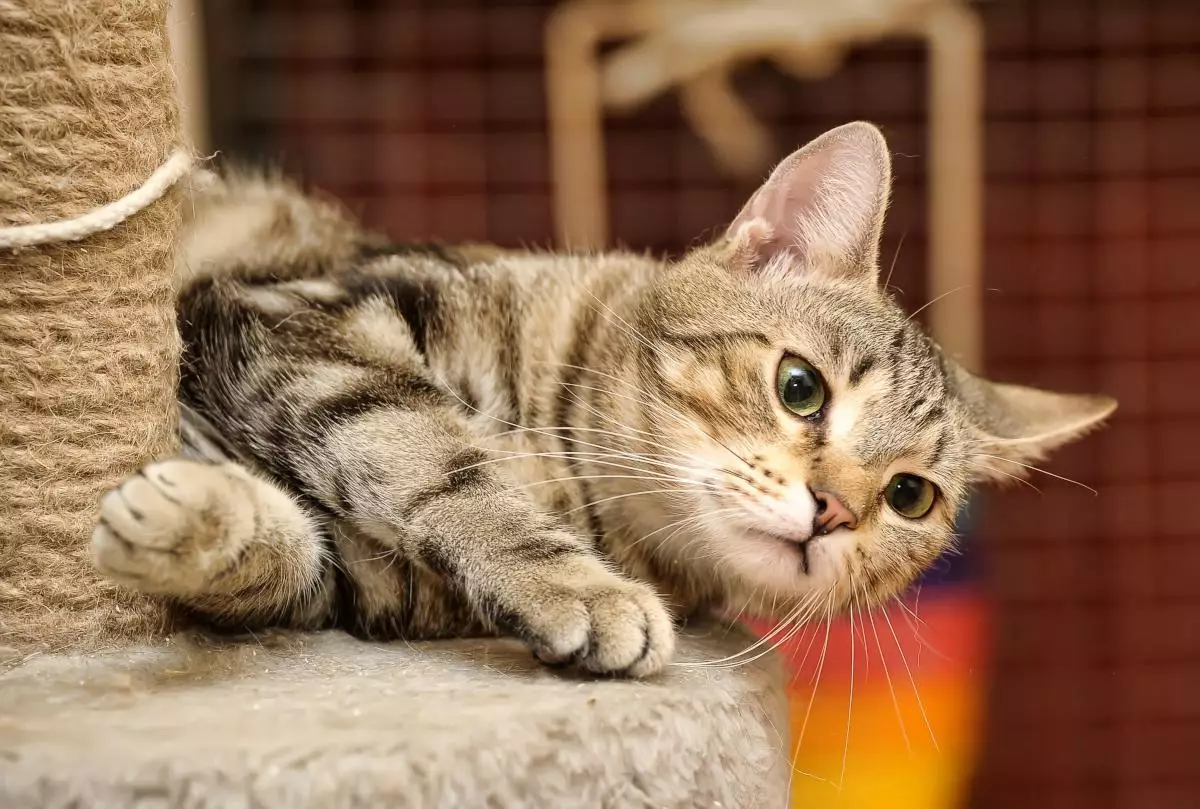As the cold winds blow and the weather turns chilly, cat owners often observe shifts in their pets’ behavior and health. Just like humans, cats can experience a form of depression known as Seasonal Affective Disorder (SAD), leading to lethargy, increased appetite, and an overall sense of unhappiness. This period requires cat owners to stay vigilant. It is essential to create an environment that prioritizes warmth, comfort, and health to ensure our feline friends thrive even in the frigid winter months.
Schedule Regular Vet Appointments
One of the most critical steps in winter preparation for your cat is to ensure they are in good health. Consult your veterinarian for a thorough examination to pinpoint any potential health concerns. It’s crucial to discuss any unusual behavior, such as increased lethargy or changes in appetite, especially as winter’s chill sets in. While cats are immune to common human colds, they can still fall prey to respiratory issues, including cat flu. Regular check-ups will also catch any early signs of arthritis, which may flare up in older cats due to the cold weather. Being proactive about vet visits not only shields your pet from health complications but also provides you with essential strategies to enhance their quality of life.
As outdoor temperatures plummet, it’s vital to create a warm sanctuary for your cat indoors. Offer various cozy sleeping spots throughout your home by strategically placing blankets and cushions in sunlit areas or favorite napping spots. Cats are naturally inclined to seek warmth, so laying out soft, woolen throws around your living space can provide them with an ideal retreat. Additionally, ensure that these cozy areas are away from drafty windows and doors, shielding them from any uncomfortable cold gusts.
Consider adding a few elevated spots, like a window perch, where your cat can enjoy watching the outside world while basking in the sun’s warmth. If you have a fireplace, make sure to use safety gates to protect your curious cat from potential hazards associated with open flames and hot embers. Furthermore, regularly check and maintain your heating systems to ensure your home remains a comfortable haven during winter.
Winter can necessitate changes in your cat’s diet. With reduced outdoor activity, their calorie requirements may differ. It’s advisable to consult with your vet about appropriate food choices that cater to your cat’s specific age and health needs. Senior cats, in particular, may benefit from diets rich in specific nutrients to support their joints and overall health during colder months.
Moreover, cats often drink less water in chillier weather, so incorporating wet food into their diet can be a beneficial strategy. Higher moisture content in canned food will help maintain hydration and overall well-being. Always check product labels to ensure you’re providing balanced nutrition tailored to your cat’s life stage.
Grooming practices also require attention as winter sets in. Cats can experience dry skin, which could be exacerbated by indoor heating systems. Regular brushing is essential, especially for long-haired breeds, to prevent matting and tangling. Pay attention to their paws as well; keeping fur trimmed between toe pads can prevent ice and snow from accumulating, which can be uncomfortable or even painful for your pet.
One should also consult the vet regarding winter grooming techniques and to ensure no underlying health issues are affected by the season’s dryness. Maintaining your cat’s skin health is critical for their comfort and happiness during the cold months.
Encouraging Indoor Play and Mental Stimulation
With the outdoor landscape less inviting, keeping your cat active and entertained is paramount. Invest in a variety of indoor toys that stimulate their natural hunting instincts and encourage movement. Puzzle feeders that require some effort to dispense treats can mimic the hunt and keep your cat mentally engaged.
Cat towers placed strategically near windows can provide hours of entertainment as your feline observes the activities of birds and other wildlife outside. Combining physical activity with mental stimulation will help ward off boredom and restlessness, ensuring your cat stays content despite spending more time indoors.
The winter season presents unique challenges and opportunities in caring for your cat. By being observant and proactive—catering to their health needs, providing warmth, adjusting their diet, and enriching their environment—you can ensure your feline friend remains both happy and healthy through the cold months. Your diligence during this season not only keeps your cat content but also deepens the bond between you and your furry companion.


Leave a Reply